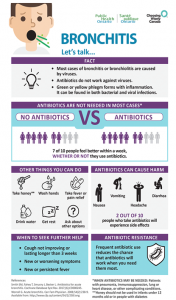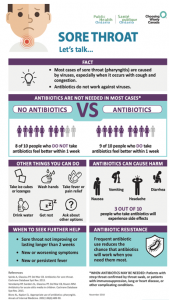“Sometimes the smallest things take up the most room in our hearts.” A special story for World Prematurity Day – November 17th 2019

According to the World Health Organization(WHO) every year an estimated 15 million infants worldwide are born preterm (over 3 weeks early).
Celebrated Internationally on November 17th , World Prematurity Day acknowledges the journey of preterm infants and their families as well as raise awareness of the challenges they may face.
One of Sante Kildare’s very own patients has generously opted to share her personal story:
“Sometimes the smallest things take up the most room in our hearts.”
Winnie the Pooh
Guest Post by: Cindy Warren Samuels
An estimated 390,000 babies are born each year in Canada. Of these, nearly 8 percent are born prematurely – at less than 37 weeks of gestation. (CIHR, 2017). Fortunately today, advances in medicine and neonatal care have greatly improved the health outcomes for premature babies. Even so, the experience of having a premature baby is one that leaves a permanent mark on a parent’s heart; giving a renewed perspective on the miracle of birth and the blessings of good health.
Every year on November 17th, when we take a moment to recognize World Prematurity Day, I can’t help but think back to my own tiny preemie. My son Josh, who was supposed to be born in the rainy spring month of April, instead made his entry into the world on a frigid cold winter day in February. He was born at 29 weeks, just under 3 pounds and spent around 11 weeks in the JGH NICU.
The truth is that most of my memories of those weeks are a blur. We were exhausted and scared. I remember being amazed at how Josh was a such tiny but perfect little human with hands the size of my fingers. I remember wanting to hold him but being terrified of all those tubes that were connected to him. What will also stay with me forever was the incredible team of medical professionals who supported us during those very stressful first few weeks. (In fact, one of those doctors at the time taking care of Josh was Sante Kildare’s Dr Kalin.)
I’ll never forget one morning when I showed up to spend my day with Josh. It had been a good week so far. It was a beautiful March day, spring was coming and I was feeling pretty optimistic. At the NICU, you would first disinfect before entering the main ward. While you were scrubbing up, you could always hear a bit of what was happening in the main ward through the doors. The room was constantly filled with beeps and alarms. You learned to tune most of them out, except the ones that you knew to be the urgent ones. The ones you didn’t want to hear.
On this beautiful March day, I heard one of those alarms. I looked through the doors and saw a medical team crowded around an incubator. As I entered the room, it became clear that it was my Josh who was having trouble breathing. My heart dropped. All I could do was stand by and try not to get in the way. The doctors got everything under control and back to normal within a few minutes. However those minutes were like an eternity to me. Josh was fine again and stable, but I was shell-shocked. Instead of moving on to the next case in the ward, that same team of doctors and nurses that worked on my baby, now stayed with me, reassuring me that all was well and only moving on once I was “stable”.
Our story has a happy ending. Josh is now an amazing 15 year old. We will never forget, however, the beginning and are forever grateful to everyone who supported us. The team of doctors and nurses that worked in the NICU not only watched over our baby, but also watched over us, the parents. I truly believe the medical teams working in NICU facilities do God’s work, taking care of our precious babies when we, as parents, can’t.
On World Prematurity Day, we take the time to give our preemies a little extra hug and give thanks to the medical professionals who were our lifeline to hold on to when we needed it most.”
Here are some of the causes of premature birth?
(The society of obstetrics and gynecology of Canada)
- Not having regular prenatal care
- The mother having high blood pressure
- Stress, Working long pr physically strenuous hours
- Expecting multiples
- Having a previous baby that was born preterm
- A body weight of less than 45.5kg (100 pounds)
- Living with a chronic illness
- Smoking
- Physical abuse
Resources:
Websites:
Caring for your Late Preterm Infant (MUHC)
Encyclopedia on Early Childhood Development – Prematurity (Initiative of Université Laval and Université de Montréal)
Premature Babies Learning Hub (Abouts Kids Health, Toronto Hospital for Sick Kids)
Successfully feeding your premature baby (La Leche UK)
Caring for Kids (Canadian Paediatrics Society)
Canadian Premature Babies Foundation
Healthy Children.org – Caring for a Premature Baby (American Academy of Pediatrics)
MedlinePlus – Premature Babies (US National Library of Medicine)
Kidshealth – When your baby’s born premature (US non-profit children’s health system)
Zero to Three (US non-profit)
March of Dimes – Premature Babies (US charity)




